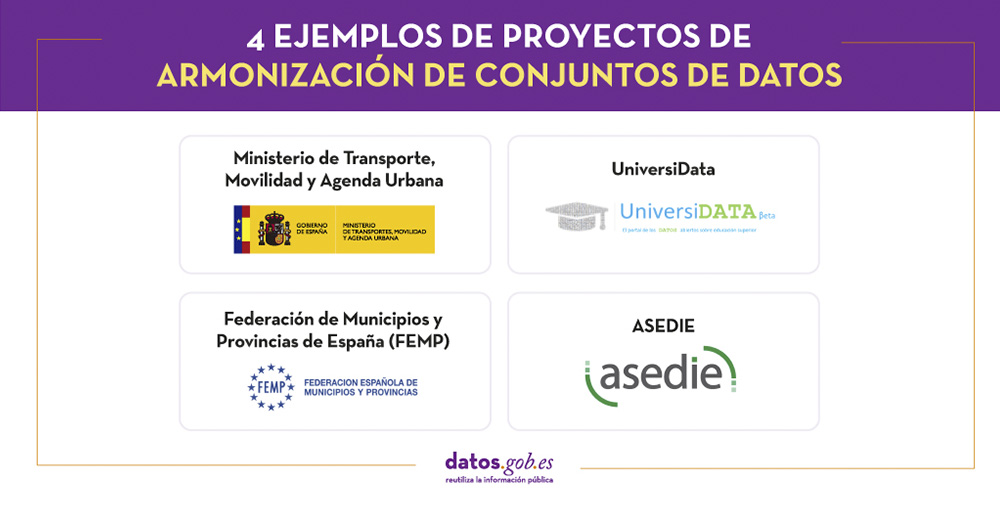5 posts found
Benefits and opportunities of public initiatives for open data visualisation
Imagine you want to know how many terraces there are in your neighbourhood, how the pollen levels in the air you breathe every day are evolving or whether recycling in your city is working well. All this information exists in your municipality's databases, but it sits in spreadsheets and technical d…
This is the new FEMP Model Ordinance on Data Governance
The Spanish Federation of Municipalities and Provinces (FEMP) approved at the end of 2023 two model ordinances that address progress in two key areas: transparency and data governance. Both documents will not only improve the quality of processes, but also facilitate access, managemen…
The implementation of the EU Data Governance Regulation in Public Administrations
Since 24 September last year, the Regulation (EU) 2022/868 of the European Parliament and of the Council of 30 May 2022, on European Data Governance (Data Governance Regulation) has been applicable throughout the European Union. Since it is a Regulation, its provisions are directly effective without…
Validation of the Royal Decree-Law on reuse of public sector information and open data
Why a Royal Decree-Law?
In the plenary session of the Congress of Deputies held on December 2, 2021, Royal Decree-Law 24/2021, of November 2, on the transposition of several European Union directives, including Directive (EU) 2019/1024 of the European Parliament and of the Council, of June 20, 2019,…
4 examples of harmonisation of datasets
In any project related to data, it is common to have different sources of information. Data is key for companies and public administrations, in decision making or as a basis for the implementation of projects, services or products. But if these data sources display information in a heterogeneous way…




